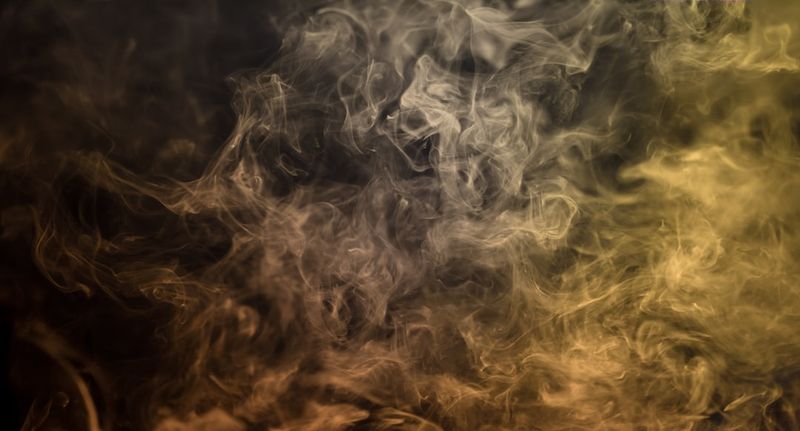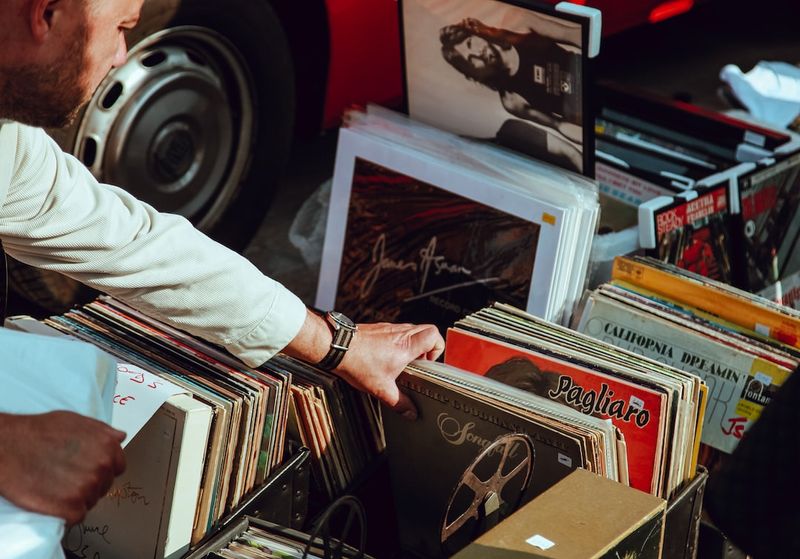Wildfire Smoke: Montreal has World’s Worst Air Quality Today
The Current Situation
Montreal, the vibrant metropolis nestled in the province of Quebec, is experiencing a staggering decline in air quality today. The city has earned the unfortunate distinction of having the world’s worst air quality due to the prevalence of smoke from wildfires. This alarming development poses serious health risks to its residents and demands immediate attention.
The Impact of Wildfire Smoke
Wildfire smoke contains a complex mixture of harmful pollutants, including fine particles, gases, and volatile organic compounds. When inhaled, these microscopic particles can penetrate deep into our respiratory system, causing a range of health issues. Those with pre-existing respiratory conditions, such as asthma or chronic obstructive pulmonary disease (COPD), are particularly vulnerable to the adverse effects of wildfire smoke.
The current surge in poor air quality in Montreal is primarily a result of the intense wildfires that are ravaging various regions in and around the province of Quebec. These wildfires have been exacerbated by several factors, including changing climate patterns, prolonged periods of drought, and human activities.
The Importance of Addressing the Issue
Given the dire consequences of exposure to wildfire smoke, both immediate and long-term, it is imperative that the authorities take concrete actions to safeguard the health and well-being of Montreal’s population.
First and foremost, it is crucial to disseminate accurate information regarding the current air quality and provide guidance on protective measures that individuals can take. This information should be easily accessible and regularly updated, ensuring that residents are well-informed about the risks and steps they can take to mitigate them.
Moreover, the government should implement stringent measures to reduce the occurrence and severity of wildfires. This includes promoting sustainable forestry practices, investing in fire prevention measures, and enforcing stricter regulations to prevent human-caused wildfires.
A Call for Collective Responsibility
Addressing the issue of wildfire smoke and its impact on air quality extends beyond the realm of governments and regulatory bodies. It requires collective responsibility from all members of society. Individuals can contribute by making conscious choices that reduce their carbon footprint and minimize the risk of wildfires.
In addition, civil society organizations and businesses have a crucial role to play in raising awareness, advocating for policy changes, and supporting initiatives aimed at mitigating the effects of wildfire smoke. Collaborative efforts between various stakeholders will be essential in combating this pressing environmental challenge.
Editorial: Protecting the Health of Montrealers
The alarming state of air quality currently experienced in Montreal should serve as a wake-up call for the government and citizens alike. We cannot afford to turn a blind eye to the immediate and long-term effects of inhaling wildfire smoke.
Identifying and addressing the root causes of wildfires, as well as investing in comprehensive prevention strategies, should be at the forefront of government action. Additionally, ensuring that accurate and up-to-date information regarding air quality is readily available to the public is of utmost importance.
At an individual level, it is crucial for Montreal residents to prioritize their health and take necessary precautions to minimize exposure to wildfire smoke. This might include staying indoors, using air purifiers, and consistently monitoring air quality reports.
Lastly, let this alarming episode serve as a reminder of the urgent need to prioritize environmental sustainability and combat climate change. Taking steps to reduce greenhouse gas emissions and protect our natural habitats is key to preventing the escalation of wildfires and preserving the air we breathe.
Conclusion
The current state of Montreal’s air quality demands swift action and a comprehensive approach. It is essential for the government, residents, and various stakeholders to collaborate effectively to mitigate the risks posed by wildfire smoke. By prioritizing the health and well-being of Montrealers, we can work towards creating a cleaner, safer, and more sustainable future.

<< photo by Ishan @seefromthesky >>
The image is for illustrative purposes only and does not depict the actual situation.
You might want to read !
- Marvelous Keegan Bradley Secures 6th PGA Tour Title at the Travelers Championship
- “Record Turnout: Toronto’s Pride Parade Breaks Attendance Records with Massive Crowds”
- “Unbelievable Victory: Keegan Bradley Secures 2023 …”
- Montreal Choked by Wildfire Smoke: A Battle against the Worst Air Quality
- North Bay’s Air Quality Crisis: How to Assess the Peril
- Smoky Haze Returns to Calgary – Air Quality Warning Re-Issued
- Pride Takes the Streets of Toronto: Canada’s Largest Celebration Draws Massive Crowds
- Montreal’s Air Quality: A Sordid Record and Urgent Calls for Action
- “Rina Sawayama Criticizes Matty Healy’s Controversial Actions Within Their Record Label”
- Rina Sawayama Calls Out Matty Healy’s Podcast Remarks




